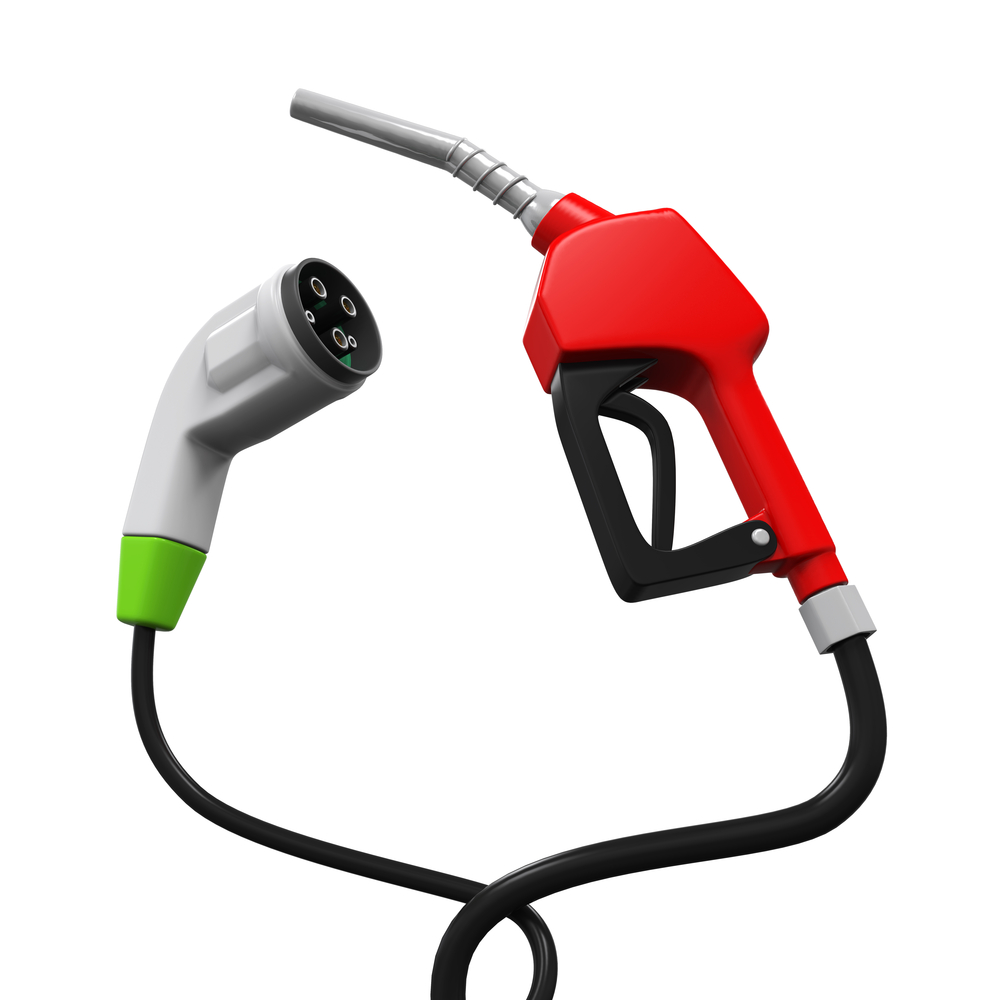
The U.S. House Subcommittee on Environment recently held a hearing on the policies related to electric and conventional vehicles, examining what changes in technology mean for vehicles, fuels, and consumers.
For the first time in decades, Subcommittee Chairman John Shimkus (R-IL) said, the internal combustion engine faces competition as electric vehicles gain market share.
As this change occurs, it forces the government to rethink current fuel and vehicle policies, Shimkus said.
“Because the internal combustion engine will continue to serve as the primary means of mobility for decades to come, it is imperative that additional efforts be undertaken to improve the efficiency and environmental performance of these engines and the liquid fuels that are combusted in them,” Bob Dinneen, president and CEO of the Renewable Fuels Association, said. “Contrary to conventional wisdom, neither internal combustion engines nor liquid fuel formulations are mature technologies. Both can be vastly improved.”
Other experts spoke at the hearing on the number of fuel-efficient vehicles for sale, the jobs created by the electric drive supply chain, the adoption of energy security policies, changing consumer attitudes toward electric vehicles, and the role of the private marketplace for vehicle refueling.
More charging options will decrease consumer anxiety concerning electric vehicles while increasing market share, Megan McKernan, manager of automotive engineering at the Automobile Club of Southern California, said on behalf of AAA.